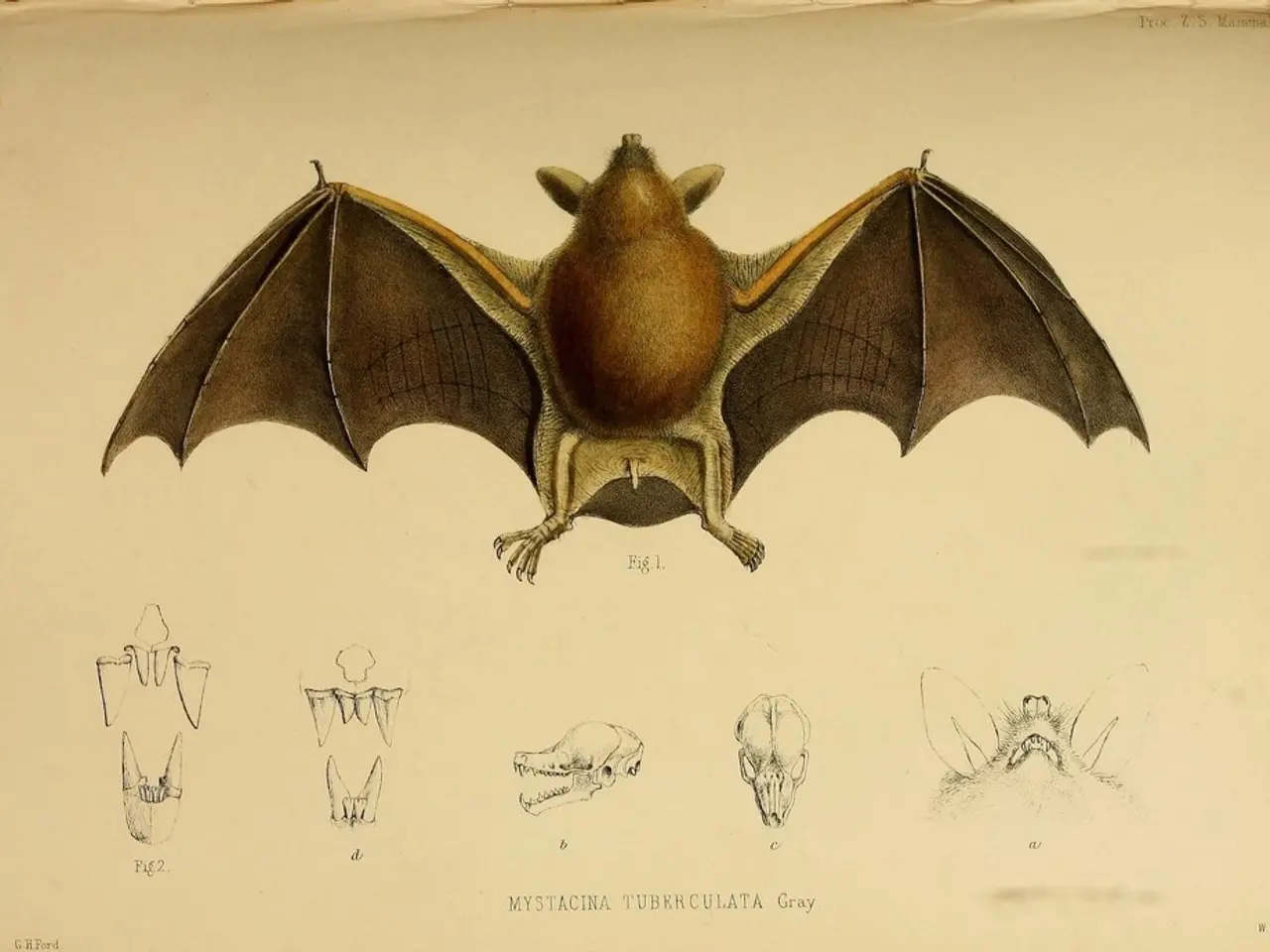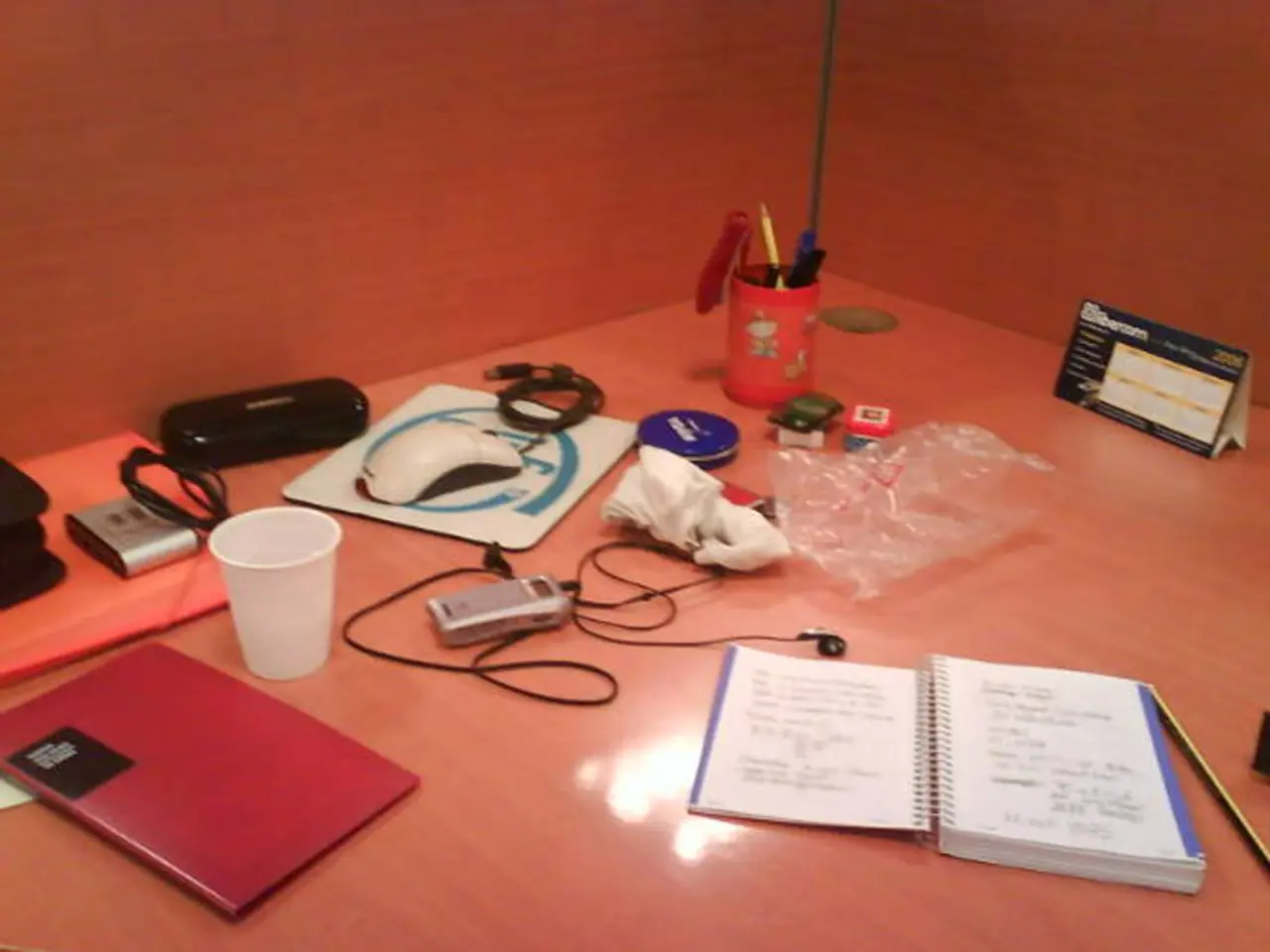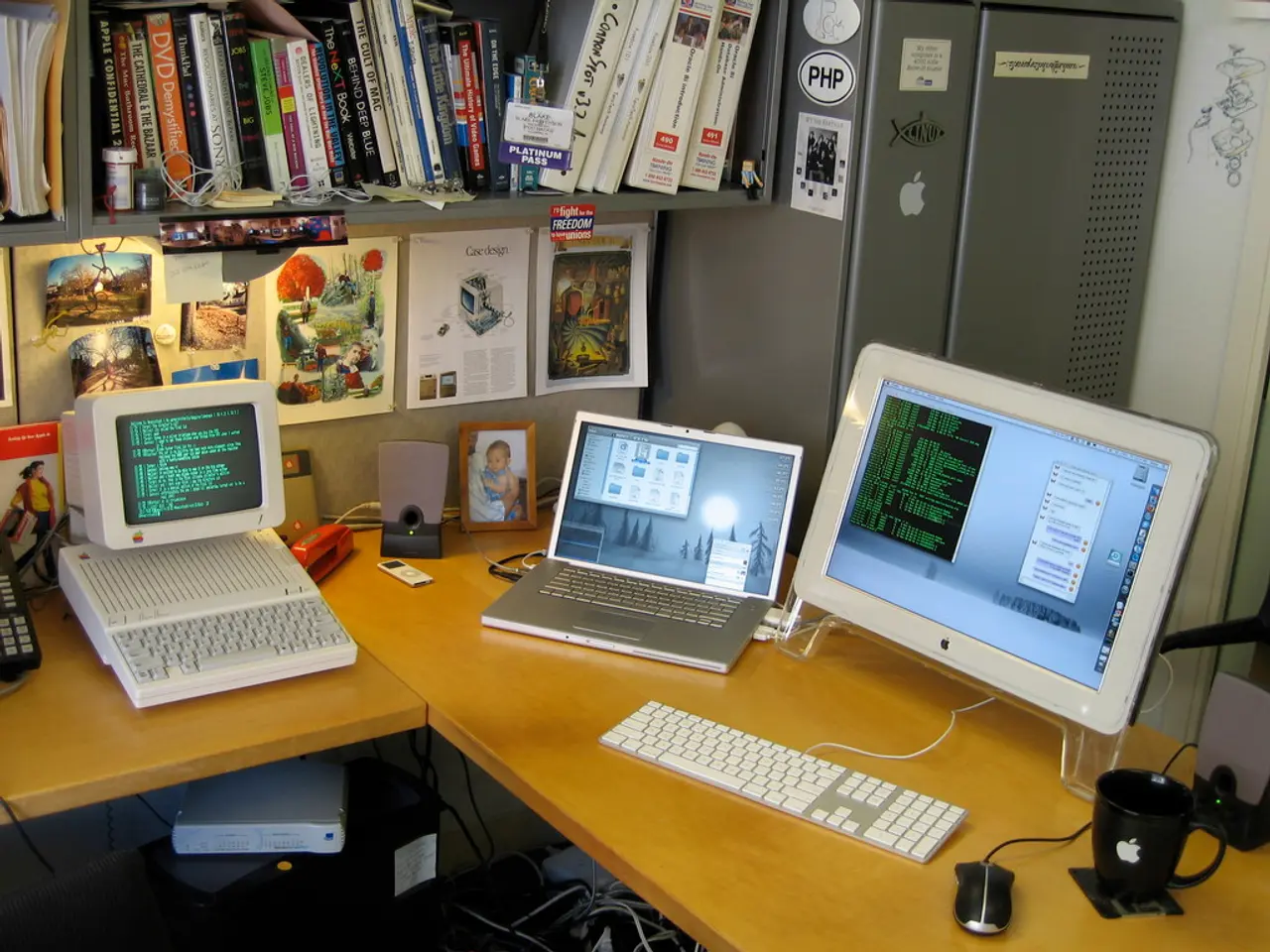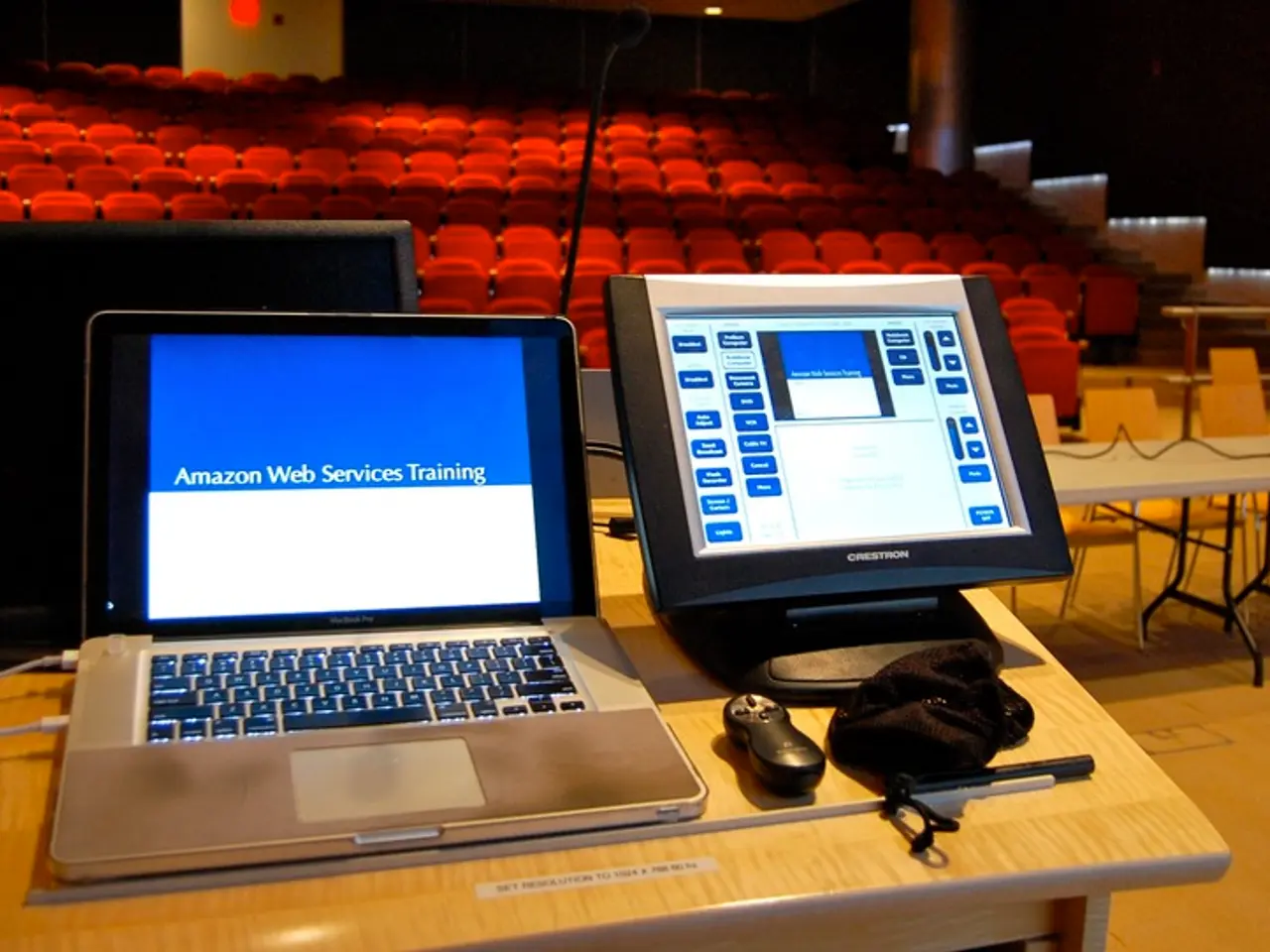Australia's Shift Towards a Recyclable Battery Economy
The Australian Research Council (ARC) Training Centre for Battery Recycling, officially launched at The University of Adelaide on July 22, 2025, is driving significant advancements in battery recycling technologies and circular economy practices. This initiative is a crucial step towards sustainable battery lifecycle management and a more sustainable Australian economy.
The Centre's work contributes to Australia's transition towards a battery circular economy, as it aims to increase recycling rates from the current low ~10% for lithium-ion batteries. With a focus on recovering, reusing, and recycling mixed battery materials, the Centre is developing advanced hydrometallurgical recycling processes capable of recovering up to 95% of valuable battery materials such as lithium, cobalt, and nickel. This high-efficiency closed-loop system reduces reliance on raw extraction, addressing challenges in scalability and evolving battery chemistries.
Innovations include designing batteries with easier dismantling to optimize material recovery and reduce waste, alongside improved impurity analysis and decomposition strategies to overcome key bottlenecks in recycling efficiency and energy intensity. These approaches align with broader sustainability frameworks like the UN SDGs and contribute to Australia’s National Battery Strategy emphasizing domestic refining and recycling capabilities.
The Centre is not just about research; it is also about equipping the next generation of leaders in the battery recycling and circular economy sectors. It will train 19 PhD students and 4 postdoctoral fellows, fostering collaboration with manufacturers and policymakers to embed sustainability in the battery supply chain. Participation in industry events such as the Australian Battery Manufacturing and Recycling Summit further promotes knowledge sharing on circular economy frameworks and regulatory developments like producer responsibility schemes.
As battery use in Australia significantly increases due to the transition towards renewable energy systems and electric vehicles, the amount of battery waste is also on the rise. The Centre's projects will focus on developing novel recycling methods and assessing environmental impacts, improving the recovery of valuable materials from battery waste. The collaboration aims to build Australia's capability in the battery recycling industry, transforming Australia's battery and resource industry.
The Centre's work is supported by the Australian Research Council, reflecting the government's commitment to reducing environmental risk and creating a more sustainable Australian economy. This initiative is a testament to Australia's dedication to a sustainable future, fostering significant national and international collaboration and paving the way for a near 100% recycling rate and a sustainable, closed-loop battery ecosystem.
The Centre's focus on developing advanced recycling processes, such as hydrometallurgical methods, aligns with the intersection of science, technological innovation, and environmental-science, as it aims to recover valuable battery materials from waste. The Centre's work in Australia's battery recycling and circular economy sectors, supported by the Australian Research Council, is a strategic business move towards a sustainable economy and adherence to international sustainability frameworks like the UN SDGs.




